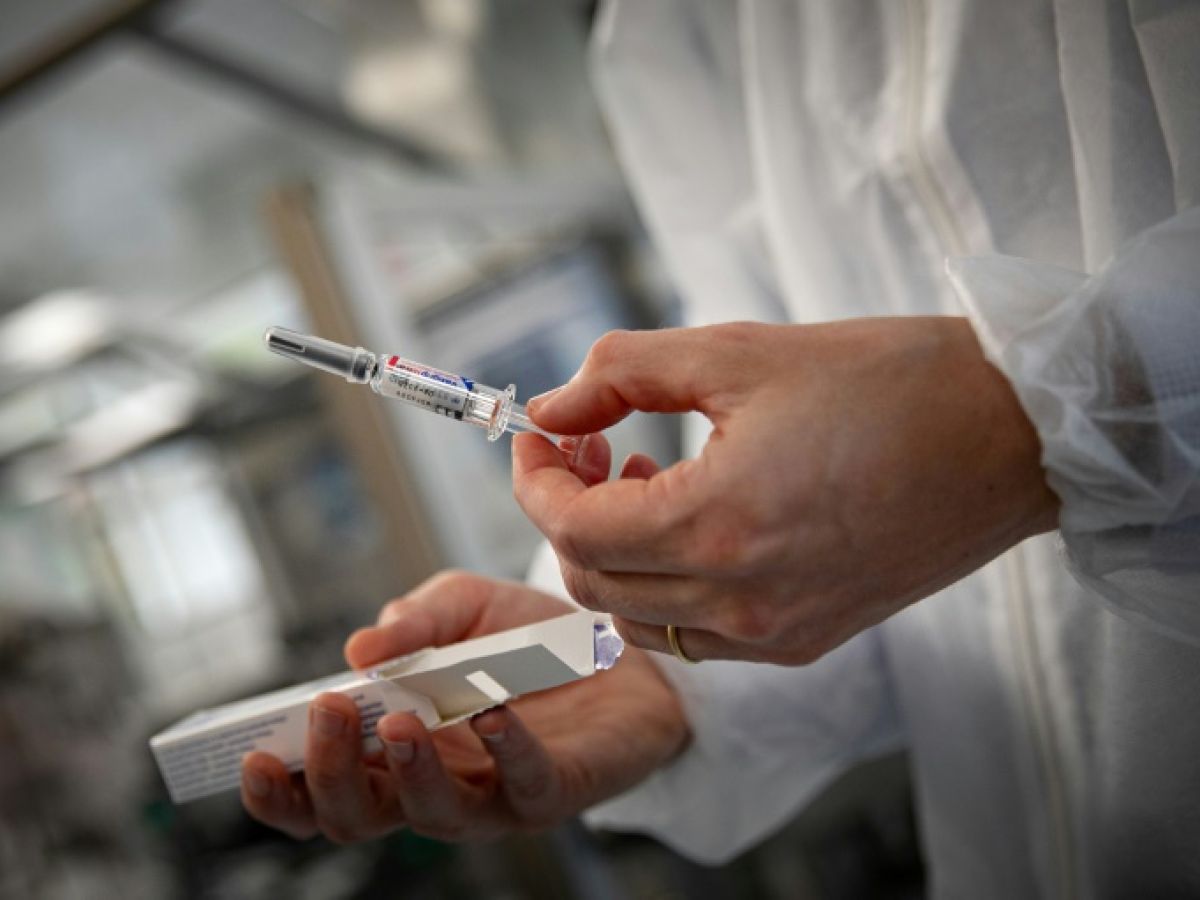"I've never had a problem with these products," says Vanessa Ea, who has been getting Brazilian hair straighteners in her hair salon without being aware of a health alert issued Wednesday about hair straighteners containing glyoxylic acid, which is potentially dangerous for the kidneys.
This manager of a small Parisian salon in the 10th arrondissement of Paris uses two keratin straightening products, one of which, "very popular among hairdressers" according to her, contains this chemical substance, and the other does not, for this service requested by women and men, billed at 150 to 240 euros.
Like most Parisian hairdressers interviewed by AFP on Wednesday, she is unaware that health authorities have just advised against the use of Brazilian hair straightening products containing this cosmetic ingredient, deemed "potentially toxic" because it can cause acute kidney failure. Glyoxylic acid gives hair a smooth, shiny appearance that can last for several months.
The alert was prompted by "four cases of acute renal failure" in people aged 28 to 42, "linked to the use of various hair products containing glyoxylic acid," identified in France by the French National Agency for Food, Environmental and Occupational Health Safety (ANSES).
Hospitalized, these four people, poisoned between January and August 2024, "recovered following treatment", specifies the agency, which launched an expertise of the renal toxicity, in capillary application, of this chemical substance. Glyoxylic acid has replaced formaldehyde, classified as carcinogenic since 2013.
– “Under the radar” –
The cases occurred after applying straightening products in a hair salon.
When glyoxylic acid "passes into the bloodstream through the scalp," it can "transform into calcium oxalate crystals," which will cause kidney damage, Dr. Juliette Bloch, director of health alerts and monitoring at ANSES, explained to AFP.
"It's very likely that other cases have gone under the radar: sometimes the person will go drinking and the crystals will be eliminated, so it will go unnoticed. And even if there was kidney failure diagnosed within hours, the person may not make the connection," she continued.
As a precaution, the General Directorate for Competition, Consumer Affairs and Fraud Control (DGCCRF) and the General Directorate for Health (DGS) advise hair salons and individuals not to use these products and cosmetics stores not to sell them, pending the conclusions of the ANSES expert appraisal at the end of 2024.
"Some hairdressers, especially the chains, are going to be very unhappy: they do nothing but that from morning to night," exclaims Patrick Medjkane, an independent hairdresser who says he does few straightenings, with a "top product, with cocoa: at the price it is, I'm sure there's no glyoxylic acid in it."
He checked and to his great surprise, it was the second ingredient, "written very small, small" on the bottle.
– Cases in Israel and Switzerland –
On Wednesday, the trade union of cosmetics manufacturers, Febea, sought to reassure. Despite these "suspicions concerning the toxicity" of glyoxylic acid, "the current elements do not allow definitive conclusions to be drawn and lead to reminding people to follow the instructions for use and precautions for use," it stressed.
If signs of kidney failure occur – abdominal or lower back pain, nausea and/or vomiting – a few hours after applying a hair product containing glyoxylic acid, you should "quickly consult a doctor or call a poison control center" and mention this use, warns ANSES.
According to its cosmetics project manager, Sandrine Charles, "around twenty cases have been reported in Israel in recent years" and "one in Switzerland."
"Many curly women straightened their hair every day because they had experienced racism, discrimination, or just being teased," says Wendy Balestrucci, owner of a salon dedicated to "textured hair, from wavy to kinky"—one of four opened by entrepreneur Laureen Schein, buoyed by the success of her advice on social media.
“But during lockdown, they were working from home and no longer needed to straighten their hair… they started taking the time to take care of their hair naturally,” she says.
In June, in light of scientific articles on "a health risk that could be underestimated, because it is unknown," linked to hair products containing glyoxalic acid, the Academy of Medicine had already recommended raising awareness on the subject.
